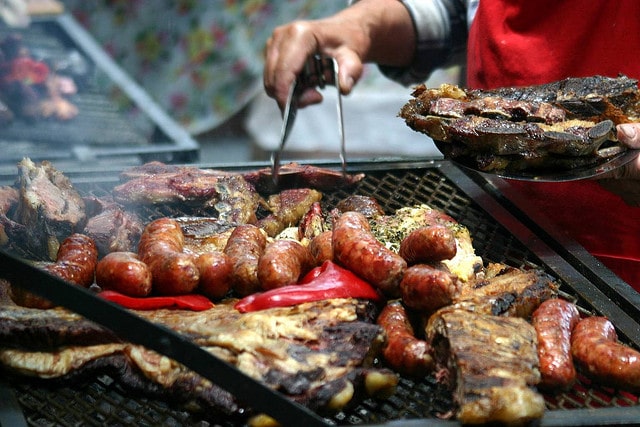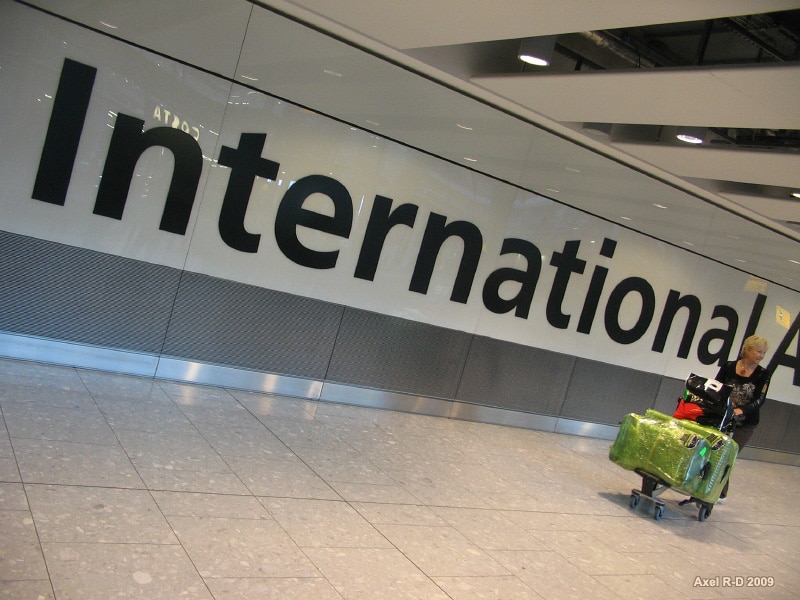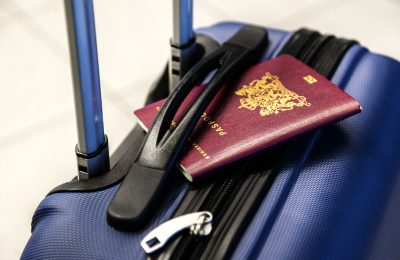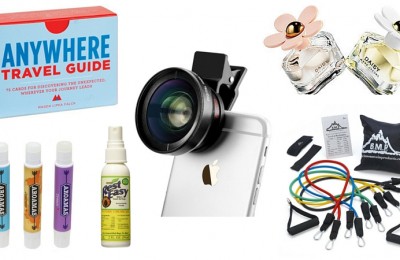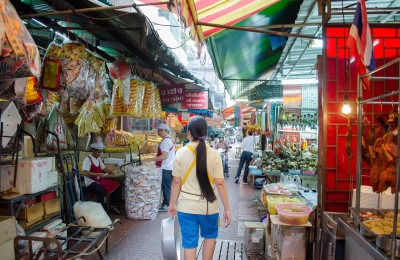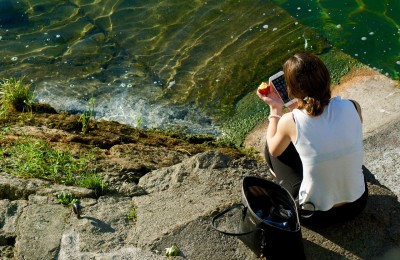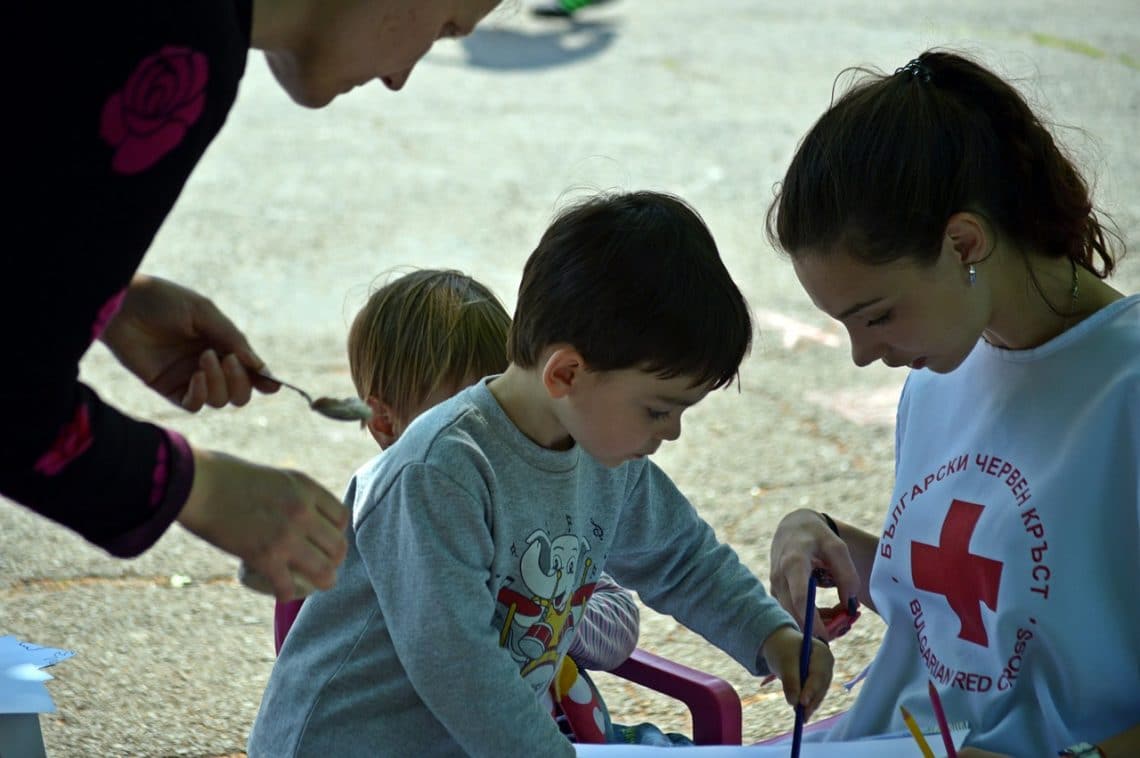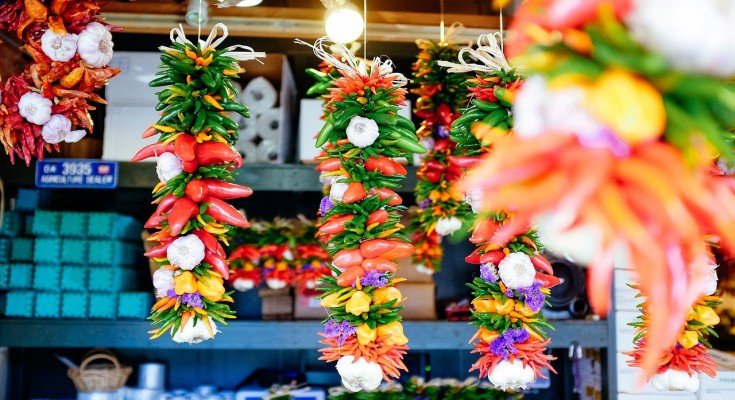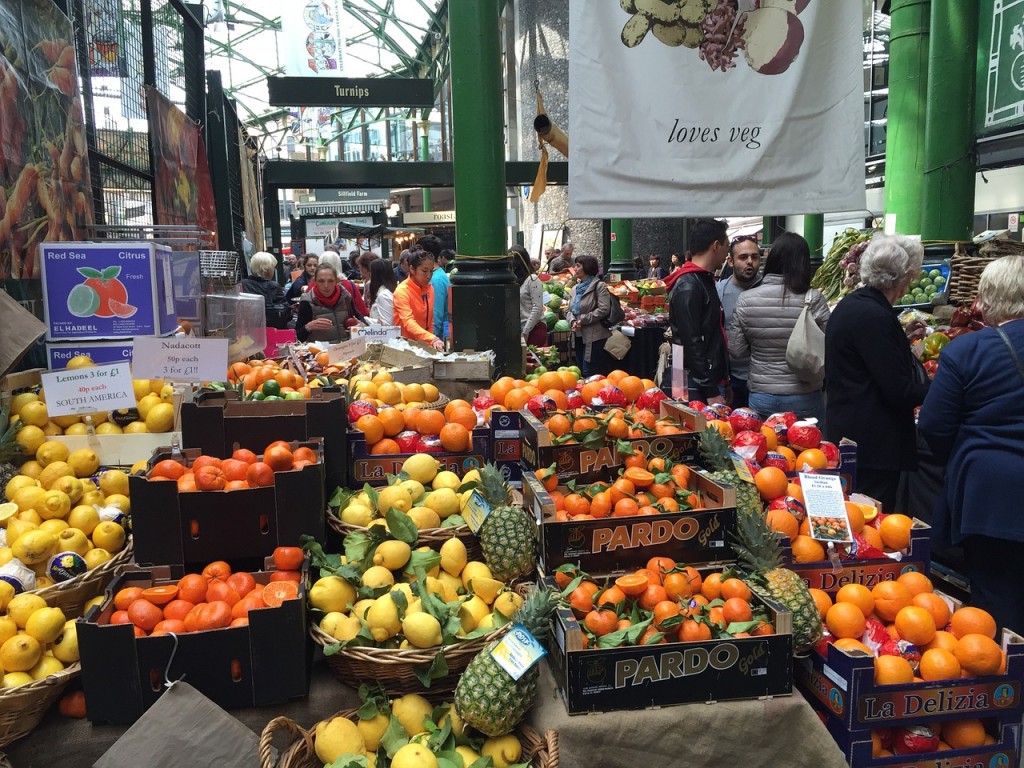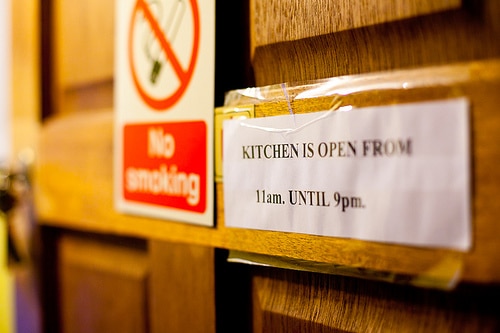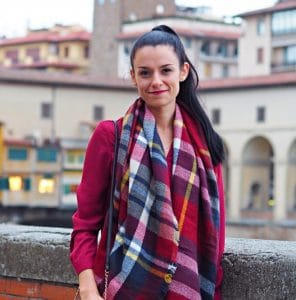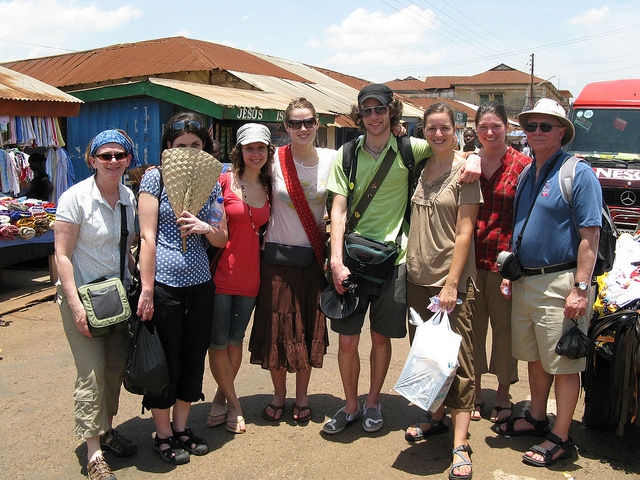When you’re abroad, you want to spend your money on plane tickets and cultural experiences, and not only on food. The best way to save your cash when it comes to food is go home-cooked instead of eating fish and chips in the pub every night. That being said, eating out is a huge part of experiencing any new culture or destination, so it’s something that you’ll want to get involved in–but you can still do this while still maintaining your budget. With a good balance between grocery shopping and eating out, you’ll save money and still get all of your new international favorite foods that you’re sure to fall in love with. Here’s how to do it.
What’s the kitchen situation?
Every student will have a different situation in regards to the kitchen provided in their house or apartment. In my flat in London, I had a large kitchen, though it came completely empty: no pots, pans, plates, cookware or utensils! My friend studying in Galway, Ireland had a kitchen stocked with all the necessary cooking equipment. If you can find out before leaving the country what your kitchen will be like, you can be better prepared. Based on what you’re provided with, your grocery shopping trips will vary. Since I wasn’t provided with much, I bought a few pots and a roasting pan from the local 99p store and borrowed what my flatmates would allow me to. If you’re living with local students, ask if they will let you use a few of their things before you invest in an entire kitchen. If you’re living with other study abroad students and need to buy a lot of kitchen equipment, split the cost and share.
Be thrifty when it comes to groceries
Most other nationalities do not buy food in bulk, so don’t expect to find a Costco where you can stock up on a dozen boxes of pasta for 50 cents each. Instead, you’ll most likely be buying from small grocery stores and walking home with your food, which will deter you from buying and spending more than necessary. If you feel comfortable, split food with your housemates to save money. That way, you won’t waste money on milk that winds up going bad before you can use it all. One of the best ways to keep your grocery bill low is to buy store brand items. London’s Tesco markets have generic products that are anywhere from a few cents to a few pounds cheaper than name brand items. Plus, since you’re abroad, brands and labels might be in a foreign language anyways, so go ahead and just pick the cheaper one to save a few bucks.
*Fitness tip— Gaining weight while studying abroad might be a worse epidemic than the freshman fifteen (see our post on how to avoid gaining the “study abroad 15“) One way to stave off unwanted extra pounds is to simply eat less. If you buy fewer groceries and learn to eat smaller portions (as most of the world does) then you’ll hopefully maintain your pre-study abroad figure– and save some money!
Get to the market
Markets are huge in Europe and for good reason; they provide fresh produce, bread and groceries at good prices. If I ever needed a few groceries, I would choose to shop at a market whenever I could because not only was I getting an errand done, it felt like a cultural experience as well as London has some fantastic markets. I also love the idea of supporting a local farmer instead of a giant grocery store brand. It was fun talking to the vendor about their food and their recommendations too. This helped take some of the monotony out of grocery shopping, and it helped me justify buying a loaf of bread that I definitely didn’t need but craved… because it’s all part of the experience. Just remember that budget even when you become friends with the baker!
Be smart about eating out
Part of studying abroad is eating the local fare and indulging in an occasional macaron in Paris or gelato in Rome. Unfortunately, habitually eating this way will make you strapped for cash quickly. If you budget yourself, though, you can eat steak and ale pie every once in a while or stop for a kebab after a night out. I budgeted each week for “necessary food” (milk, bread, chicken) and “experience food” (curry, fish and chips, etc.) and found that I still enjoyed the London culture, but was able to save money for travel. You won’t want to miss out on the foods that are symbolic of your region or city, but you also don’t want to make your cash disappear before your semester is finished.
Grocery shopping and cooking in a foreign country can be difficult, especially if you’re in a new kitchen with foreign appliances and few cooking utensils to use. Cooking at home and grocery shopping will allow you to save cash for fun activities; but don’t go cold turkey on eating out and enjoying local delicacies, because the cuisine is a huge part of any culture and should not be missed.
Follow The Abroad Guide’s board Help Me I’m Poor on Pinterest.












